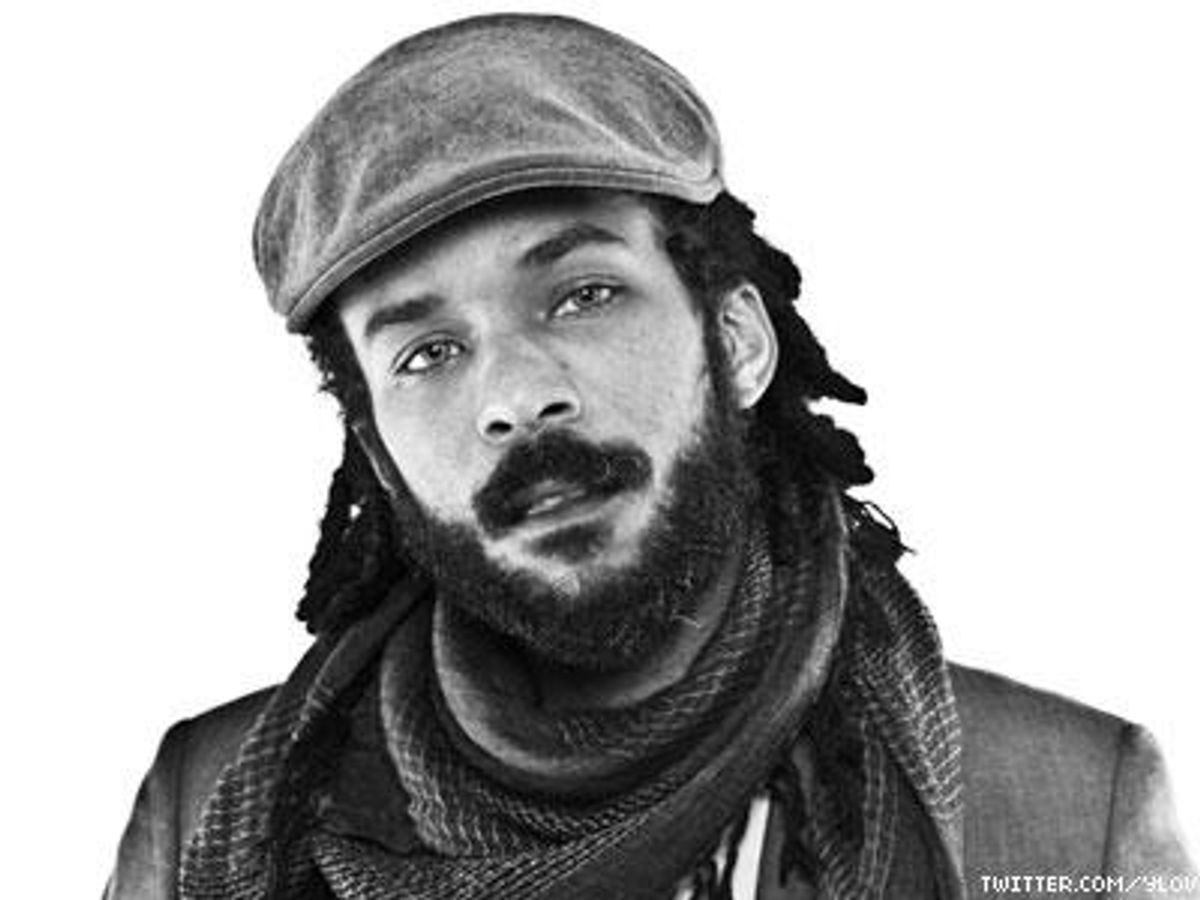Since coming out of the closet as gay in Out magazine, many people have asked me how I could do it for so long--how I could maintain adherence to a religion which was so anti-gay as Orthodox Judaism while still knowing of my true identity on the inside. How I could get married to a female while knowing of my true orientation. How I could preach observance of the same faith that was keeping me so restricted. I explain to them that it was my faith in Judaism which trumped my need for self-preservation for a decade, and that I have wanted to come out for quite some time. Indeed, the door of the closet has often been comprised of one single question:
"What will the Orthodox community say?"
This question has loomed over me for years. I've been alternately afraid of losing my community and my fan base for my entire music career. As I told Out magazine, I fully was prepared to lose all of my Orthodox and religious fans the instant I revealed my true identity. This past weekend was the first Shabbat since my coming out, and the first time synagogues would fill with parishioners since my announcement. I asked on Facebook if anyone heard their rabbis mention me, and what the word "around the Shabbat table" was in the Orthodox communities of the world, where my Orthodox fan base resides. To say I was shocked at the response would be an understatement.
Already, I had been shocked the entire week at the outpouring of love and support I had received from the Orthodox communities. Each day would bring a religious homophobic post--only to be followed by hundreds of comments deriding the poster's bigotry. A few fans declared themselves "fiercely loyal" to Y-Love, and took to the Facebook groups to defend me against homophobes. Even an ultra-Orthodox (haredi) rabbi who booked me on an Israel tour--a rabbi I was sure would be incensed at how he was "deceived"--tagged me in a Facebook post two days after I came out.
Israeli artists I worked with were literally scrambling to tweet supportive messages--Soulico and Segol 59 tweeting their messages within hours of the story's breaking, and, with only two exceptions, even Orthodox and ultra-Orthodox artists I had worked with were showing support. Yeshiva students were standing up for me in front of their rabbis. Kosher businesses began showing up on my Twitter follower list and showing support on Facebook. One of my friends even tweeted to me that the word on the street in Boro Park, Brooklyn--the hasidic community I would have to leave--was increasing in positivity.
And then this Shabbat happened.
One rabbi from Washington, D.C., was declared a "pro-gay activist" by one of his students. Stories began to pour in; Shabbat table after Shabbat table filled with nothing but "support for Y-Love." At the rally for victims of abuse in Orthodox communities this weekend in CitiField (countering the anti-Internet rally put on by some members of the Orthodox community), a few of the activists held up "we support Y-Love" signs. And, as before, the anti-gay voices opposing equality--which were very extant and vociferous--were countered at every impasse by voices of support and solidarity. One rabbi from St. Louis even sent me a Facebook message offering to be a matchmaker for me.
And, perhaps most importantly, trickling in came the messages from new gay Jewish fans--"I just wanted to let you know that your story inspired me to come out." One of my fans came out to his Orthodox friends. One came out to his family. And in both of those cases, they were accepted with open arms.
Hardly the reaction I expected from the Orthodox Jewish community.
The religious world undoubtedly has a long way to go regarding LGBT issues--the most ignorant homophobia is still rampant, and many people in more insular communities still will not admit we exist. But this past week has shown me that, however slowly, even the most sectarian worlds are a-changing, to an extent few of us in the gay community truly appreciate.


















































































